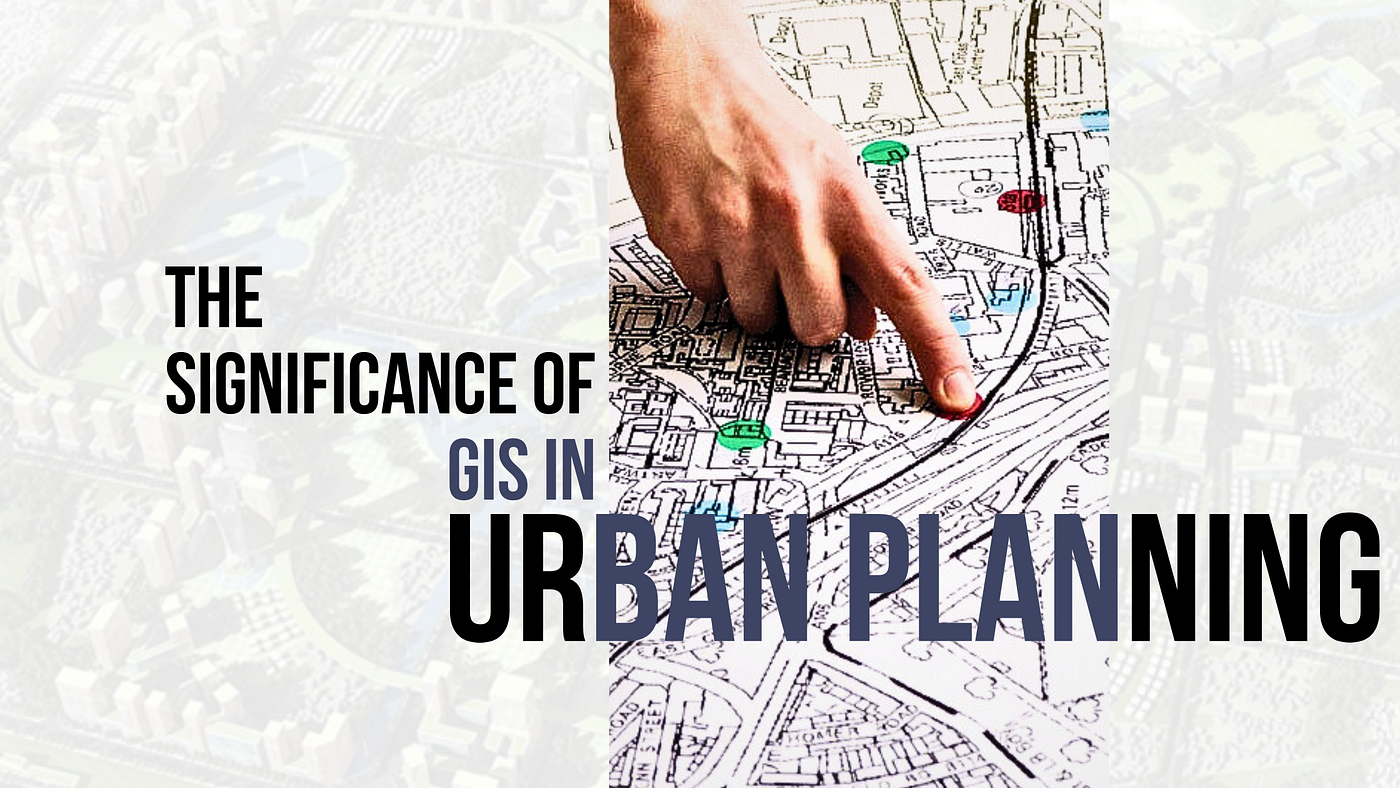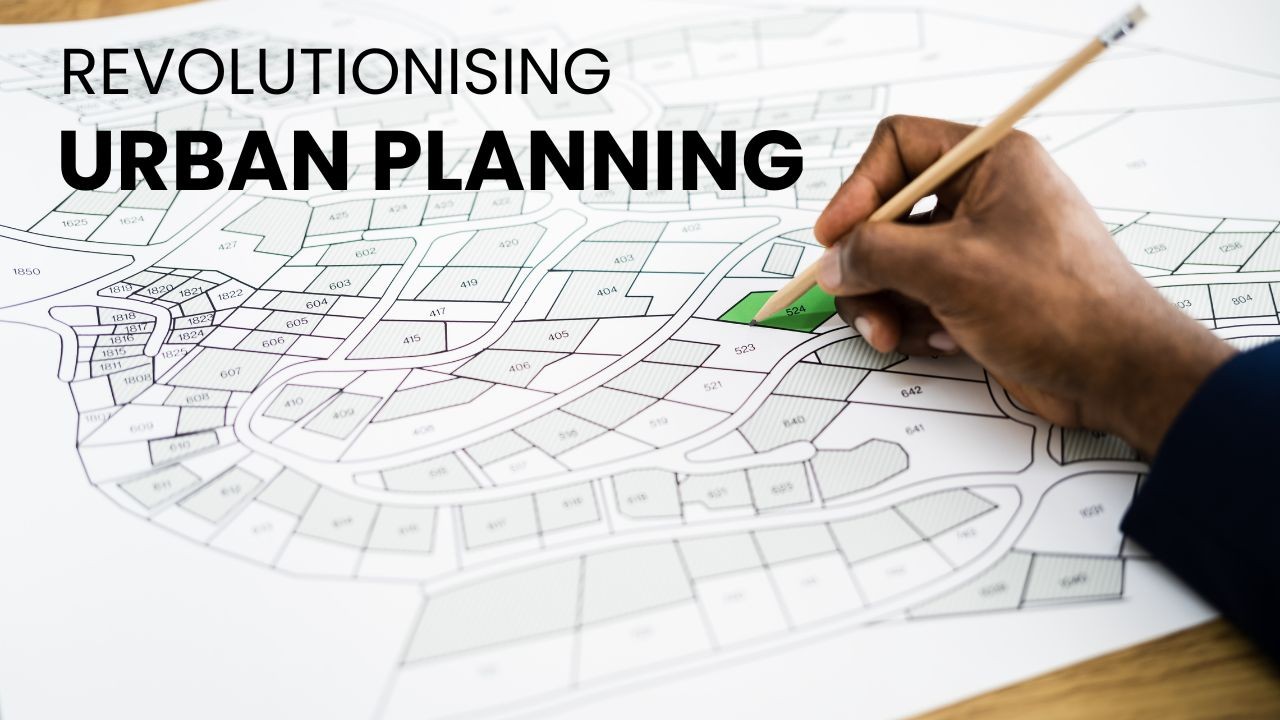Finance ,Insurance, loan ,Stock & Crypto
The $Trillion Opportunity In Urban Planner: The Blueprint for Thriving Cities of the Future for Humans and Money
Urban Planning for a Sustainable Future: Demands, Business Models, and Income Generation
Cities face immense pressure: ballooning populations, crumbling infrastructure, and the looming threat of climate change. But within these challenges lie opportunities. Urban planning, the architect of livable cities, holds the key to not only solving these problems but also generating significant income. Here's how:
Urban planners play a crucial role in shaping the future of our cities, addressing the demands of a growing population while ensuring sustainability. Here's how this unfolds:
Demands:
- Housing: Affordability, accessibility, and energy efficiency are key concerns. Planners need to consider diverse housing options (micro-apartments, co-living, mixed-use developments) and integrate green building practices.
- Transportation: Reducing congestion and emissions requires integrated public transport systems (efficient buses, trams, subways), car-free zones, and promoting cycling and walking.
- Infrastructure: Climate-resilient infrastructure like green roofs, water management systems, and renewable energy sources are essential. Upgrading waste management and sanitation is also crucial.
- Public spaces: Equitable access to green spaces, parks, community centers, and recreational facilities are vital for improving quality of life and social cohesion.
Addressing these demands, exploring innovative business models, and ensuring equitable income generation, urban planning can be a powerful tool for building better, more sustainable cities – and unlocking significant financial opportunities.
Business Models:
- Public-private partnerships: Collaboration between governments and private developers can finance essential infrastructure, housing, and public spaces.
- Impact investing: Funds and investors focusing on social and environmental impact can support sustainable urban development projects.
- Green bonds: Bonds issued by municipalities or corporations finance environmentally friendly projects like renewable energy or green infrastructure.
- Community land trusts: Non-profit organizations hold land in trust to ensure affordability and prevent displacement while generating income for community reinvestment.
- Microfinance: Providing small loans to entrepreneurs can support community-based businesses and services in low-income areas.
These demands, exploring innovative business models, and ensuring equitable income generation, urban planning can be a powerful tool for building better, more sustainable cities – and unlocking significant financial opportunities.
Income Generation:
- Development fees: Urban development projects can generate revenue through fees levied on developers, based on project size or density.
- Impact fees: Fees charged to developers to fund specific amenities or infrastructure needs (e.g., parks, schools) associated with their projects.
- User fees: Public transportation fares, parking fees, and charges for specific services can generate income while managing demand.
- Property taxes: Equitable property tax systems can generate revenue for city services and infrastructure maintenance.
- Land value capture: Mechanisms like tax increment financing can capture increased land value resulting from public investments and reinvest it in further development.
Importance of urban planning for a sustainable future :
- Addressing pressing needs: Cities face immense challenges like population growth, climate change, and aging infrastructure. Urban planning offers solutions for efficient housing, green transportation, resilient infrastructure, and equitable access to vital amenities like parks and recreation.
- Building social and economic benefits: Sustainable urban planning isn't just about saving the environment; it's about creating thriving communities. By fostering walkable neighborhoods, mixed-use developments, and accessible public spaces, cities can attract businesses, generate economic activity, and improve health and well-being for residents.
- Unlocking financial opportunities: The shift towards sustainable development presents lucrative business opportunities. Public-private partnerships, impact investing, and innovative financing mechanisms can generate income for infrastructure projects, affordable housing initiatives, and green technology solutions.
- Ensuring a livable future: By prioritizing sustainability and inclusivity, urban planning can create cities that are not only functional but also equitable and enjoyable to live in. This contributes to a higher quality of life for residents, fosters social cohesion, and attracts talent and investment.
- Impacting generations to come: The decisions we make today about urban planning shape the cities of tomorrow. By investing in sustainable development, we ensure a healthier, more prosperous, and resilient future for generations to come.
It's important to note that:
- Context matters: Different cities have unique needs and challenges, requiring diverse solutions and business models.
- Social equity: Sustainable urban development must address social inequalities and ensure all residents benefit from progress.
- Community engagement: Active participation of citizens in planning and decision-making is crucial for successful and inclusive urban development.
Remember, the importance of urban planning lies in its ability to address urgent challenges, create a win-win for both social and economic well-being, and ultimately pave the way for a sustainable and thriving future for our cities.
By addressing these demands, exploring innovative business models, and ensuring equitable income generation, urban planners can create sustainable cities that contribute to a better future for all.
In Conclusion
The future of cities hinges on innovative urban planning. By tackling critical demands like housing, transportation, and infrastructure, while incorporating principles of sustainability and social equity, we can craft not only livable and resilient urban spaces but also unlock significant income potential. Remember, sustainable development thrives on collaboration, with communities, the private sector, and public authorities working together towards a shared vision. Let's embrace this opportunity to build thriving cities that offer prosperity and well-being for all, leaving a legacy for generations to come.
Writer
Devraj Gorai


























